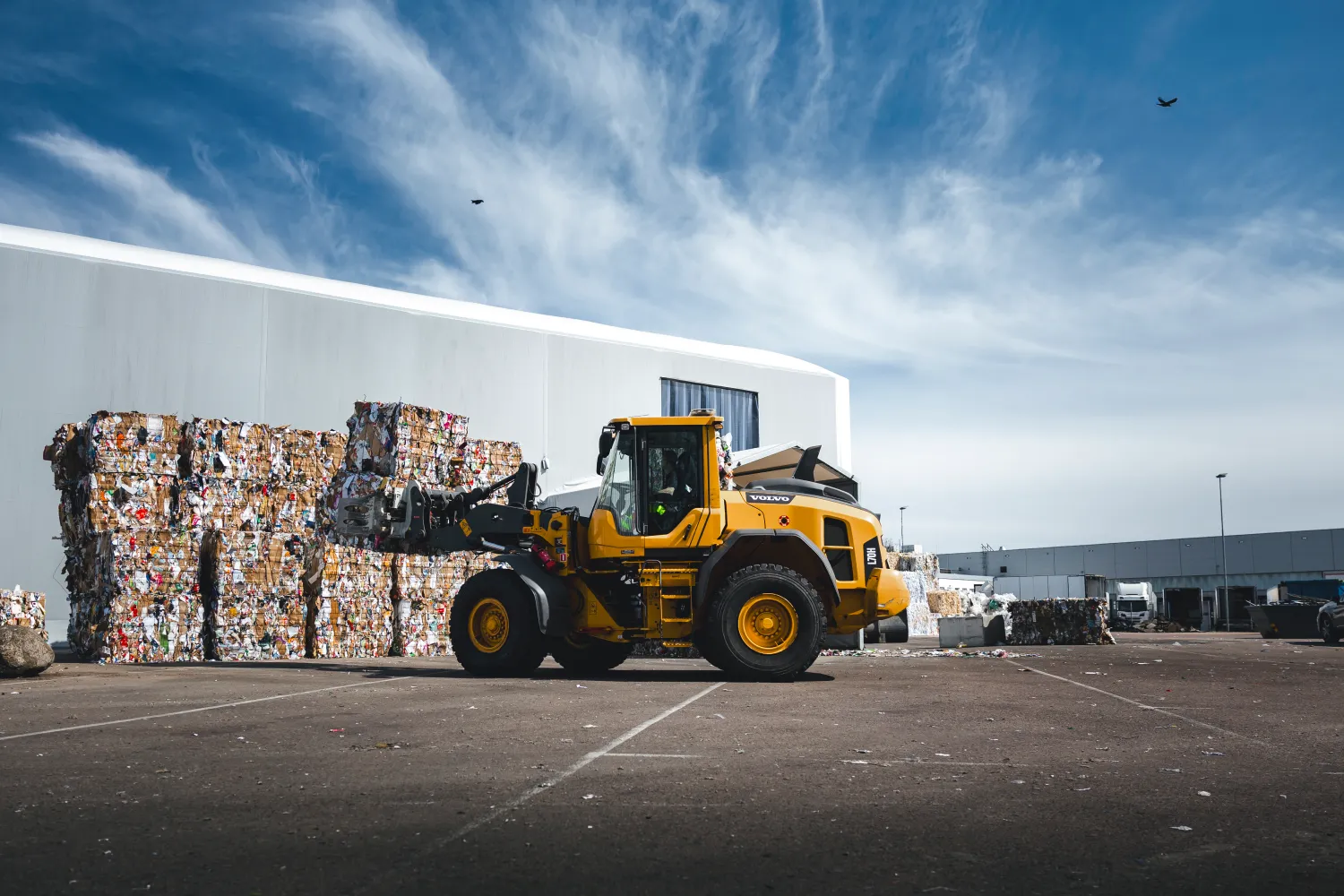Recycling (Återvinning) has surfaced as a crucial training in modern society, not only because of its environmental advantages but in addition because of its substantial economic advantages. By reprocessing materials like report, pockets, materials, and glass, recycling contributes to a sustainable economy in several ways.

Conservation of Sources
One of many main economic advantages of recycling lies in reference conservation. Recycling decreases the demand for fresh materials produced from the surroundings, such as for instance timber, ores, and fossil fuels. For example, recycling one heap of report saves around 17 trees, 7,000 gallons of water, and significant amounts of power compared to making report from virgin materials. That conservation decreases generation fees for makers and reduces the stress on natural ecosystems, fostering long-term financial sustainability.
Work Generation and Financial Development
Recycling industries produce numerous work possibilities across various sectors, from variety and working to running and manufacturing. According to the U.S. Environmental Protection Company (EPA), recycling and recycle activities help over 750,000 jobs and produce billions in wages annually in the United States alone. These jobs vary from waste administration and logistics to executive and research, contributing to regional economies and improving neighborhood resilience.
Cost Savings for Corporations and Governments
Firms benefit cheaply from recycling through decreased disposal expenses and savings on organic resources procurement. By adding recycled materials into manufacturing processes, companies may lower manufacturing costs and mitigate value volatility related to virgin resources. Also, municipalities save on landfill detailed costs and prevent expenditures linked to waste management and cleanup. These savings could be redirected towards infrastructure development, public services, and other neighborhood enhancements.
Revenue Technology from Recyclable Products
Recycling also creates revenue streams through the sale of recyclable materials. Resources like aluminum, copper, and specific pockets have market price and can be distributed to recycling facilities or companies for running into new products. That revenue not only offsets recycling plan costs but also plays a part in regional economies by promoting recycling corporations and fostering a round economy where materials are reused rather than discarded following original use.
Environmental Cost Cutbacks
Beyond direct financial benefits, recycling reduces environmental fees associated with spend removal and resource extraction. Landfilling and incineration of spend present environmental risks such as for example groundwater contamination and air pollution, which incur washing and health-related expenses. By diverting waste from landfills and incinerators, recycling mitigates these risks, ultimately causing less environmental remediation costs and community wellness expenditures around time.
Stirring Innovation and Engineering Progress
Opportunities in recycling technologies and functions drive invention in materials science, waste management, and alternative energy. Advanced organizing techniques, successful recycling equipment, and sustainable appearance answers are types of inventions spurred by the recycling industry. These developments not only increase recycling efficiency but additionally build options for new corporations and technologies, more boosting economic growth and competitiveness.

In conclusion, recycling presents multifaceted financial advantages that increase beyond spend reduction and environmental conservation. From source conservation and work formation to cost savings and revenue era, recycling plays an essential position in making resistant economies and sustainable communities. Adopting recycling as a fundamental exercise not merely supports financial prosperity but in addition stimulates responsible stewardship of normal resources for future generations.
No comments:
Post a Comment